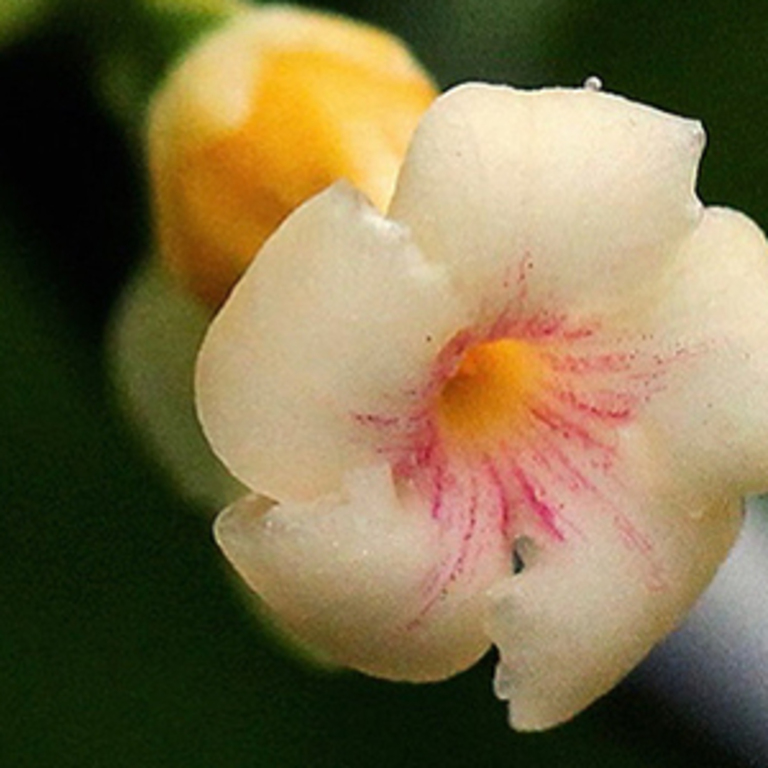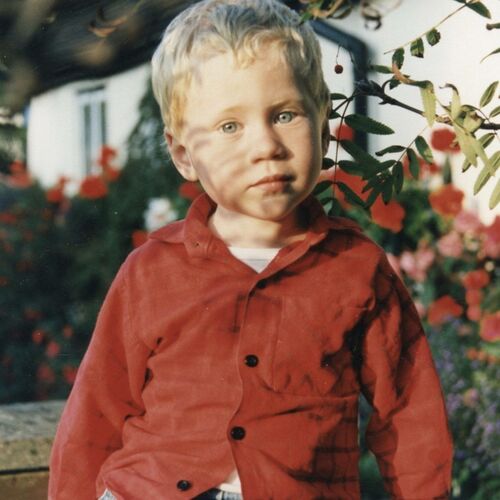My Story
Information
In order for you to begin to establish a relationship, to trust me and understand why I am doing this work, I want to share an overview of my own history. I am not just an academic who sees Iboga as a new fad, or an opportunity to make a name for myself in the world of plant medicine treatments.
Born in 1985, I grew into a shy and often anxious child, who loved art and nature. Having a genetic inheritance of heightened sensitivity and insecurity, as well as a strong attachment to my closest family members and other loved ones, that were not without their challenges, I found transition into the outside world of school to be very intimidating.
I recall as early as six years old, struggling with shyness and issues surrounding my identity and confidence. Throughout my formative years this developed into a very painful sense of there being something wrong with me, a shame which became an obstacle to social integration.
Despite forming and maintaining some wonderful friendships, I still felt vulnerable and often lonely. Before adolescence, symptoms of BDD began. I recall trying to make myself feel safe, by preparing myself, obsessively scrutinising myself in the mirror and trying to fix flaws which had come to represent these feelings of insecurity.
Approaching adolescence, as my social life took on the added pressure of newfound sexuality and with it, worry about if I would be acceptable to girls; the symptoms took on a greater intensity.
My time at school was often rough, having to integrate with young people from complicated backgrounds, as a result, my symptoms intensified.
By the end of my school years and into my early twenties I became mostly housebound, often suicidal and I would spend many hours stuck in the mirror, or attempting to escape through sleeping. Life felt impossible and I felt that I would remain trapped in this self-destructive cycle forever.
My family did what they could to try and support me, but were under resourced to do so and a harmful co-dependency developed with my mother in particular, who was torn between being drawn in by her son being suicidal and advice from professionals to simply walk away from me. She too, was in an impossible situation and the guidance given to her and myself was mostly from academic psychologists and psychiatrists, who didn't have lived experience of these challenges, nor the ability to offer appropriate direction.
In my late teens I was finally able to accept that I was suffering with a psychological disturbance, rather than just physical deformity and I visited many professionals, most of whom knew very little about how to approach me in my suffering.
It can be incredibly challenging to find support in our darkest moments, which is sensitive and informed enough to stand alongside us, without provoking additional shame and guilt through imposed expectations and faulty understandings.
Eventually I worked with two therapists who offered me solid support. The main lesson that I gained through working with the first therapist was to recognise that along the way, I had completely abandoned myself and neglected my desires and needs for my own life. A great grief lived behind the desperate attempts to fix myself externally. Through this insight my will was catalysed to challenge myself to gradually reclaim my life and to build strength and resilience to step back into life. This was to be a complicated and heroic personal journey.
I stopped working with this therapist, as he felt that I wasn't making progress that was apparent to him, in spite of the subtle but meaningful transformations that I knew were taking place. This felt like an abandonment at the time.
I was given a place at the Royal Bethlem Hospital (once known as Bedlam) at the Anxiety Disorders Residential Unit (ADRU). I spent three months here in an open ward and although the therapy offered did very little for me, the contact with other people suffering with BDD provided insight.
I started working with my second therapist once I had made significant improvements, mostly through determination and a growing understanding and insight into the nature of my condition and the ways in which emotions, behaviours and thoughts operated together to keep me stuck. I had put together many of the pieces of my story and in doing so could increasingly differentiate my ‘survival personality’ from my basic unblemished natural self. Shame began to be seen as an interruption to my natural state, rather than shame being the truth, that I had to endlessly battle to overcome.
During these years I had dragged myself to the South of France to live for a few months with the Zen master Thich Nhat Hanh and the monastics at Plum Village. Here I learned Buddhist Dharma, mindfulness, meditation and had an opportunity to engage with community and group work. My time here was also plagued by attempts to escape from myself and very deep insecurity. I used meditation and the other practices as another way to try and get away from myself.
It wasn't until years later that I really understood the teachings and how to practice presence. I recognised the value of defeat and submission and that It was necessary to embrace whatever arises in consciousness, including parts of me that felt profound pain. Attempts to fight or escape from aspects of myself are in some sense the roots of BDD. There is a parallel in this insight with process and substance addiction and a range of other maladies.
My second therapist was far less direct and built a loving and kind relationship with me, which accepted me where I was at, whether I was in the depths of despair or having a good day. My relationship with him became a touchstone and a point of stability in my life, that enabled me to see more clearly the changing weather patterns of my own inner state and behaviour. In this I began to become more of an objective witness to myself, rather than losing myself in distorted extremes of self-perception.
I continued to practice meditation, body scan, awareness of breath, walking meditation, self-study and a whole range of simple grounding practices to assist my healing journey, whilst challenging myself in ways that represented stepping back meaningfully into life.
When my recovery was really solidifying, I had a girlfriend and was much more actively social, but still a little shaky, I made a firm decision to dedicate my life to helping others who suffer. It was the logical next step for me. Previously I had tried to go to art university, wishing to become a jeweller or an illustrator, but had lost inspiration and been unable to attend due to my suffering.
I took training to become a psychotherapist as a personal mission, I wanted my life to be about connecting with others in the healthiest way possible, with a willingness to really go to the darkest places with people, to help them find their own way through.
At this time, around the beginning of my training I was still suffering with an enduring sense of uneasiness and a residual clinging, that I was unable to reach using traditional talking therapy, nor other approaches, such as somatic approaches, EMDR , hypnotherapy etc.
Years previously I has seen a documentary on YouTube about underground Ibogaine treatments for addiction, followed by Bruce Parry visiting the Babongo tribe in Gabon and taking Iboga. I had an intuition that this medicine was something that I had to explore. I found a practitioner and had a series of Skype consultations, followed by a trip to a legal location, where I underwent my first flood dose. This was a distinct and hugely important moment in my life, where I saw myself clearly for the first time. There is much that I could say about my experience and visions, but I feel it is unwise to set expectations, which may stand in the way of your process revealing itself naturally.
My psychotherapy training was in the psychosynthesis model, which is essentially an integrative approach nested within a psycho-spiritual framework. The training was wonderful and rich, but with a few thorny individuals, who I perceived to be carrying their own unresolved trauma. I learned a lot through involvements with this organisation, tutors and fellow students, how to navigate and hold my integrity and self-respect, in the face of some quite intimidating situations.
I graduated with my Master’s degree and following further training, went on to establish a private practice, where I have worked with a range of presenting issues.
It was in 2015 that I attended a convention on psychedelic consciousness and met many members of the established western Iboga community. Again in 2017 we met at the same convention, then in an Iboga specific convention in Vienna. It was in Vienna that I met my dear friend Anders, who was just beginning to step forward as an iboga assisted therapist.
Since then I have attended multiple events and have worked in collaboration with GITA, the Global Iboga Therapy Alliance, as well as taking on private work in conjunction with Iboga treatment providers, assisting with pre and post treatment coaching and psychotherapy.
Alongside this I have worked in a clinical trial studying the effects of DMT for major depression, which was valuable and interesting work, but somehow limited and impersonal compared to my private work, due to financial constraints and deemphasis of the needs for pre and post treatment psychotherapy. Blunt psychedelic capitalism doesn't sit so well with me and I have concerns about these medicines falling into the hands of the same people who administer electro shock therapy, university graduates who have very little personal healing relationship with these compounds or who see this as an exciting professional path and identity, entrepreneurs and investors who see a financial opportunity.
My work with private clients and my specialism with BDD continues and I am about to launch a new programme for this client group.
After a very lengthy period of reflection on the matter, I decided to rebalance my workload and to take on more work in the realm of Iboga treatment provision. This medicine is very important to me and I am fortunate to personally know and have good friendships with some of the world leading, safe, ethical and trustworthy experts.
My continued professional development includes ongoing further education, reading, attending groups, peer and formal supervision, sharing insights and collaborations with trusted colleagues and continued self-development. I continue to attend Iboga related conferences, often organised by GITA, the most recent being in Amsterdam and Tepoztlán Mexico.
I live a humble, family centred life and have many dear friends. I particularly enjoy the arts and travel and I love my work. Along my journey I have experienced many privileges, primarily the support of loved ones, access to excellent therapy and the intentional uses of plant medicines, most importantly my relationship with the sacred plant medicine Iboga. I have been through hell and back in my formative years. I now perceive my past troubles as a rite of passage which has motivated and empowered me to dedicate my life to assisting others through their own journeys.
I extend an invitation to you as an ally and guide, offering to help support you in the best possible way through Iboga treatment.





